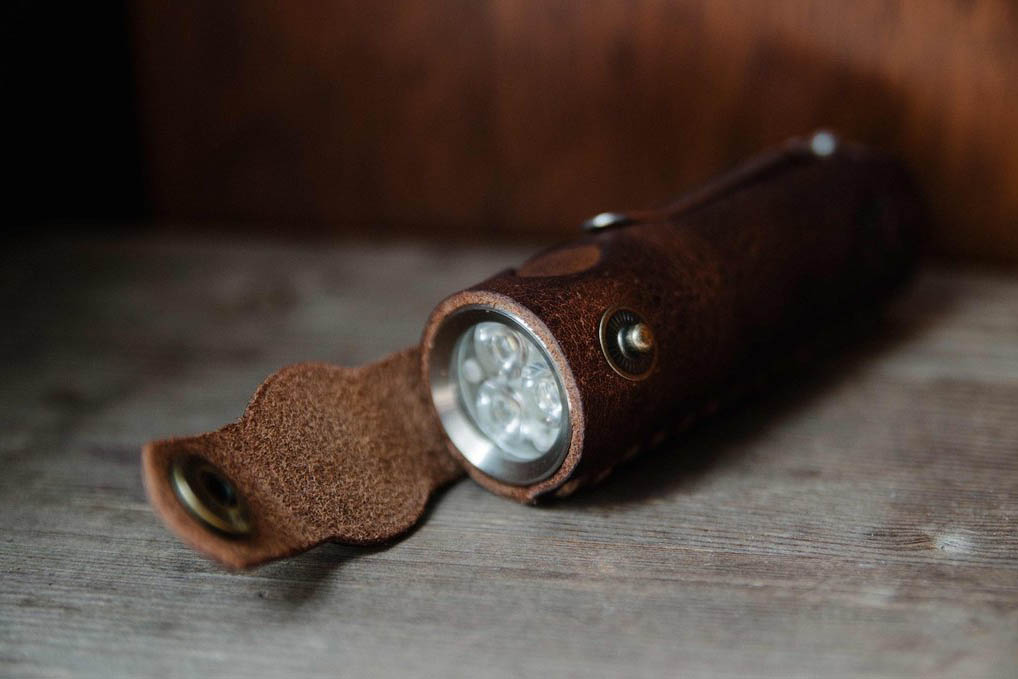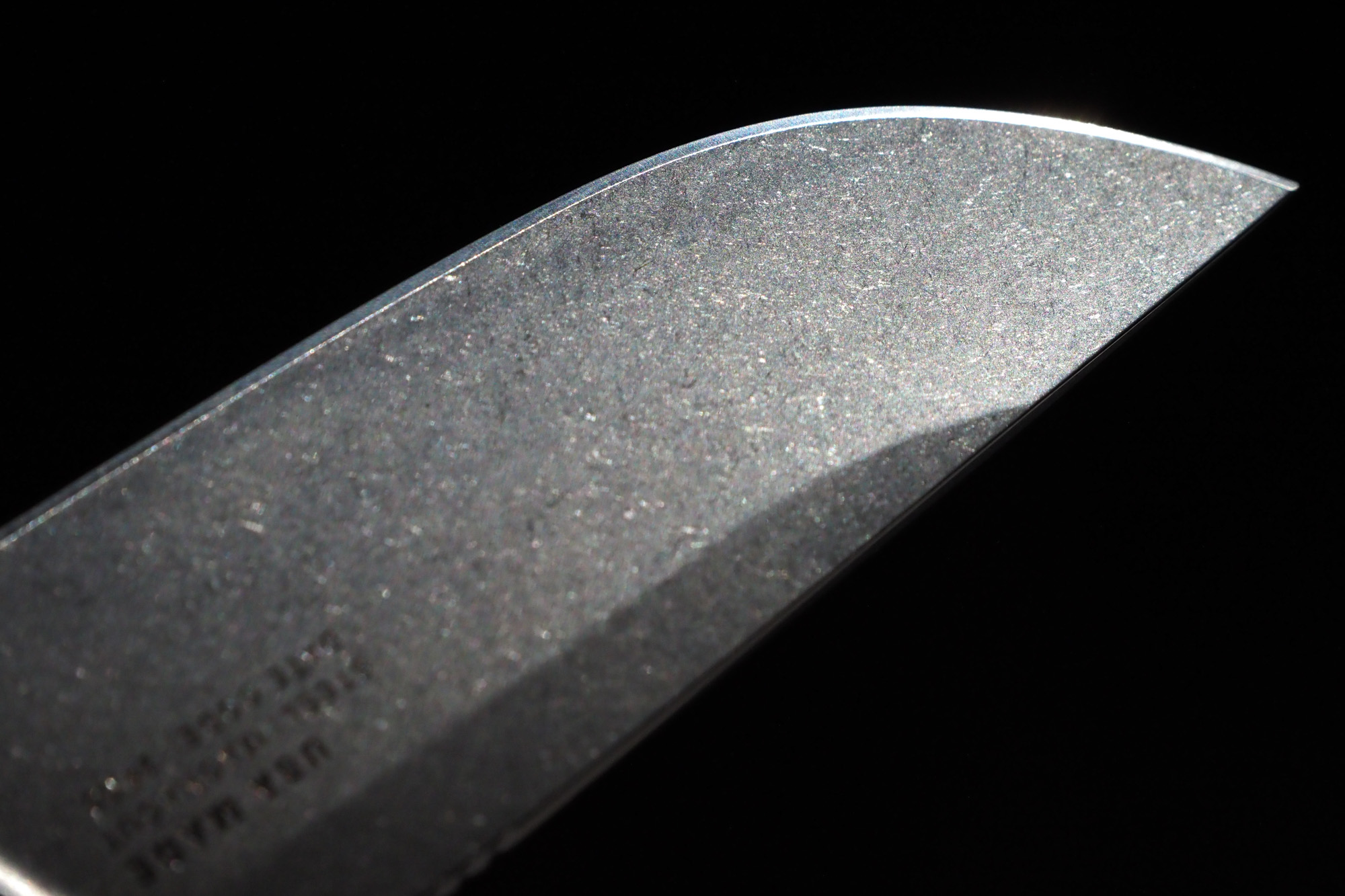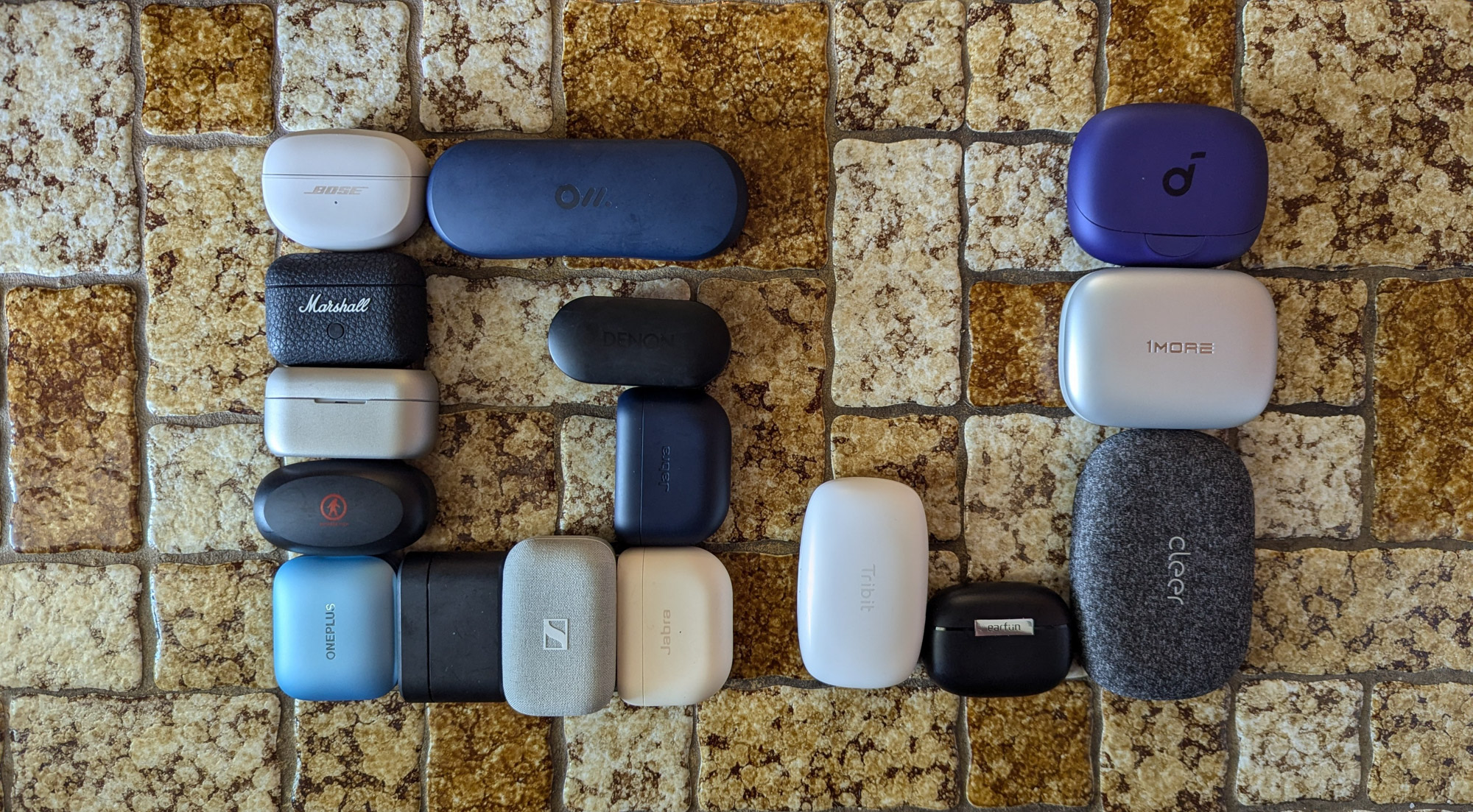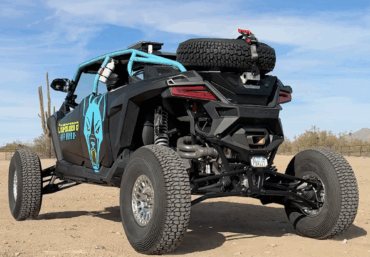Flashlights run the gamut of price and quality. Here, we break down how to choose a good flashlight, including best flashlight LEDs, batteries, designs, and more.
If you’ve purchased only cheap flashlights, you may not realize there’s a world of technology packed into these small, seemingly simple devices.
Flashlights have a devoted following. Some top models, like those manufactured by Okuma, cost hundreds of dollars and are meant to last a lifetime.
Okluma just released a big batch of flashlights today. These handmade flashlights sell out fast, so grab one quickly if they’re on your radar for the holidays. Get one here from $299.
How much flashlight do you need? What features set one flashlight apart from another? We spoke to Jeff Sapp — the founder, chief machinist, and business manager of the small but renowned brand Okluma — to break it down for you here.
Rechargeable Batteries
For the vast majority of users, a good-quality rechargeable battery is a must. Improvements in lithium-ion batteries are the reason modern flashlights can be so bright. Battery capacity and discharge rates are continuing to improve every day. And they last a long time, typically between 300 and 500 charges. After that, they can be recycled.
“No one should be throwing batteries away,” Sapp said. Look for a good-quality lithium-ion battery designed to power your specific flashlight. And watch out for fakes.
“There are tons of battery counterfeiters on eBay or Amazon,” Sapp said. “If there’s a good deal, it’s likely counterfeit. Buy it from the source or authorized dealers.”
Sapp noted that counterfeits — which are not much less expensive than the real deal — can actually be dangerous, as the poorly made knockoffs can even burn you or start fires.
Lumens: How Much Do You Really Need?
The lumen wars are real. Hop on Amazon and you’ll find many lights pumping out unrealistic numbers like 25,000 lumens or more. And while most of the lights on Amazon actually don’t make anywhere near the lumens they’re claiming, you almost certainly don’t need that many lumens for adequate brightness.
“There’s a point at which you are making lumens that aren’t useful and are just creating heat. And if you can’t hold it because it’s too hot, that’s not very useful,” Sapp said. “Because of the way your eyes work, 2,000 lumens is not twice as bright as 1,000 lumens.”
As a rule of thumb, Sapp said to look for a flashlight that can shine 800 to 1,200 lumens at its highest output. Obvious exceptions to this would be for people like search-and-rescue pros who need to light up objects far away. But for most users, it’s the lower power settings that matter the most. Lower modes are used more frequently than high, so it’s important to get those right.
Low-Light Modes
Okluma flashlights have a setting the brand calls Moonlight Mode. This creates just a few lumens and is great for use inside a tent or when looking at close objects. Low power modes also don’t ruin your night vision, so they are great when you want just a little light to clarify the scene.
For most, 100 to 200 lumens is fine for the vast majority of flashlight work. That’s plenty to light up a campsite or a trail while walking. And at this rate, most flashlights will have many hours of run time.
Higher settings are best reserved for fast activities like cycling on trails or spotting far-off objects.
Color Rendering Index (CRI)
Where high-end flashlights really shine is light color and quality.
Cheap lights often have a very blue hue, with a color temperature of 7,000 or 8,000 Kelvin. This bluish light is easy to make bright with cheap LEDs, which saves money in manufacturing.
But your eye won’t love them. High-Kelvin LEDs will barely allow you to distinguish one color from another. A lower color temp — between 3,000 and 5,000 Kelvin — will produce a more useful and appealing light. This also helps in the next category, CRI.
The Color Rendering Index describes how closely the colors you see when using a flashlight compare to how they appear in natural sunlight. A good CRI of 80-90 is very close to sunlight. Lower numbers may not show color well.
Using high-quality LEDs that help your eye render color will result in a much better user experience. This is where Okluma thinks it’s got it right. The brand spent a lot of time trying to balance lumens and light quality.
LEDs
All modern, quality flashlights (and even most cheap ones) use light-emitting diodes (LEDs). Incandescent flashlights are now entirely obsolete.
Quality LEDs make all the difference in light quality, efficiency, and color. Most reputable brands use either CREE or Nichia LEDs in their products. (Okluma uses only Nichia LEDs.)
“That’s all we use unless the customer requests something else,” Sapp said. “They are super efficient, and the color is fantastic.”
Like batteries, watch out for counterfeits. Buy from reputable dealers.
Water Resistance and Durability
“It’s important,” Sapp said. “It needs to work in wet conditions. You should be able to drop it and shouldn’t be a big deal.”
For most users who don’t need a dive light (as in, you aren’t a diver), look for an IPX4 rating. This means it’s splash-resistant from all angles, even after an impact test has been applied.
Interface
How many modes does the light have? How do you step through them? Is the interface predictable? Simple is likely better.
Does it have an electronic or mechanical switch? Okluma prefers mechanical because electronic switches slowly drain the battery even when the flashlight isn’t in use.
Finally, a small detail that some find important in usability: Can it tail stand? If you want to set a light in the ground pointed up to light a space, it should tail stand with no rounded buttons on the tail.
Low-Voltage Protection
Lithium-ion batteries can be permanently damaged or even start a fire if they’re over discharged. The flashlight should watch the voltage and take care of the battery for you.
Warranty
Okluma ships with a no-questions-asked lifetime warranty. Sapp said one of his goals is for people to buy his lights with a mindset that they will last a lifetime. These lights are meant to be repaired, rebuilt, and maintained to last for generations.
This article is sponsored by Okluma. Shop the Okluma online catalog now.










